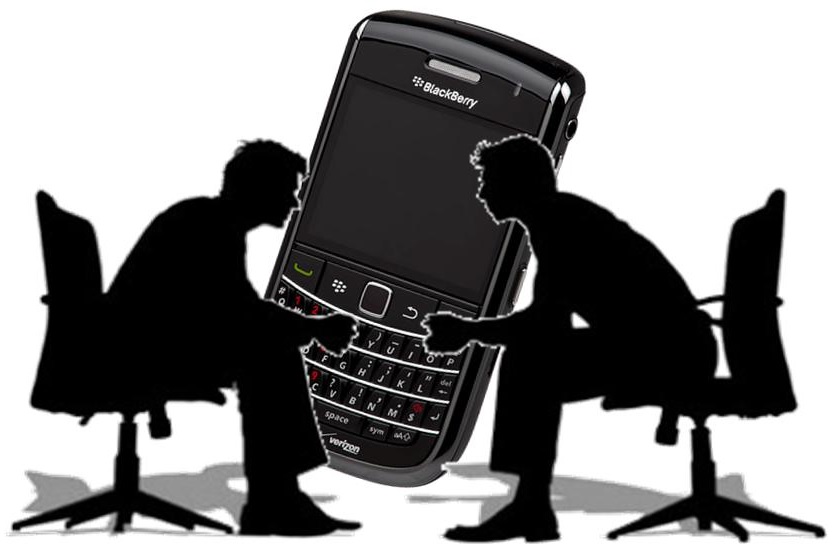The Seattle based coffee chain has been the prime example of how the transaction technology can be used.
According to a recent report that has been released by Starbucks, mobile payments made up a full 15 percent of the total revenue brought in by the café chain in the United States.
This was the statement that was made by the company with regards to its third quarter earnings.
The chief executive officer of the company, Howard Schultz, informed investors that the Starbucks mobile app currently boasts 12 million users in the United States and Canada. That represents an increase of about 2 million from what the figure had been within the second quarter earnings report. However, it was the increase in the number of mobile payments that still has everyone feeling quite impressed with the progress being made by the company.
Starbucks seems to have been able to overcome the mobile payments barriers that have halted the progress of others.
The third quarter report showed that there were six million mobile transactions processed every week in the United States. This was an increase of a full million over what the company was processing in its second quarter.
CEO Schultz also went on to point out that Starbucks intends to test a new feature that will become available in its mobile app during the fourth quarter, in which it will allow customers to order and pay for their purchases ahead of time, so that they can come in and pick them up. To start, this feature will be available only in a single major U.S. city, but if it proves successful, it will certainly expand from that point in the future.
There was not a great deal else revealed by Starbucks about previous comments that had been made with regards to white labeling its mobile application and loyalty program in order to allow them to be used by other retailers.
The company’s global chief strategy officer, Matt Ryan, explained that Starbucks is currently conducting a number of different active conversations with technology partners about the development of a program of that nature, but he did not expand on it with any further detail.
What is certain is that Starbucks can and is feeling strong about its mobile payments and commerce experiences, as Ryan stated that “We have absolute confidence in the nature of the opportunity.”

 Mark Wilson, the senior vice president of
Mark Wilson, the senior vice president of 